According to the Supreme Court of the United States, you can now pay state and local officials for acts of government that align with your policy preferences or advance your interests if you are wealthy enough.
You can cut them checks, present them with gifts, or take them on vacations. All of this is possible as long as the cash, gifts, or other “gratuities” are given after the service, not before it, and as long as the meaning and intent of these “gratuities” can be plausibly denied.
Snyder v. United States

This was the decision that Kavanaugh wrote in Snyder v. United States, a 6-3 opinion that was written on Wednesday and dealt the latest blow to the federal anti-corruption law.
The court decided that “gratuities,” or post-facto gifts and payments, are not technically considered “bribes” and are therefore not illegal in the case, which was divided along ideological lines.
Semantics of Bribes

By the court’s definition, bribes are given only before the desired official action is taken, and their meaning is clear; It is believed that a culture of “gratitude” for official acts, expressed in gifts and payments of great value, that is less vulgar and transactional and more vague is something very different.
Using this pretext, the court has continued its lengthy attempt to legalize official corruption.
Portage Mayor
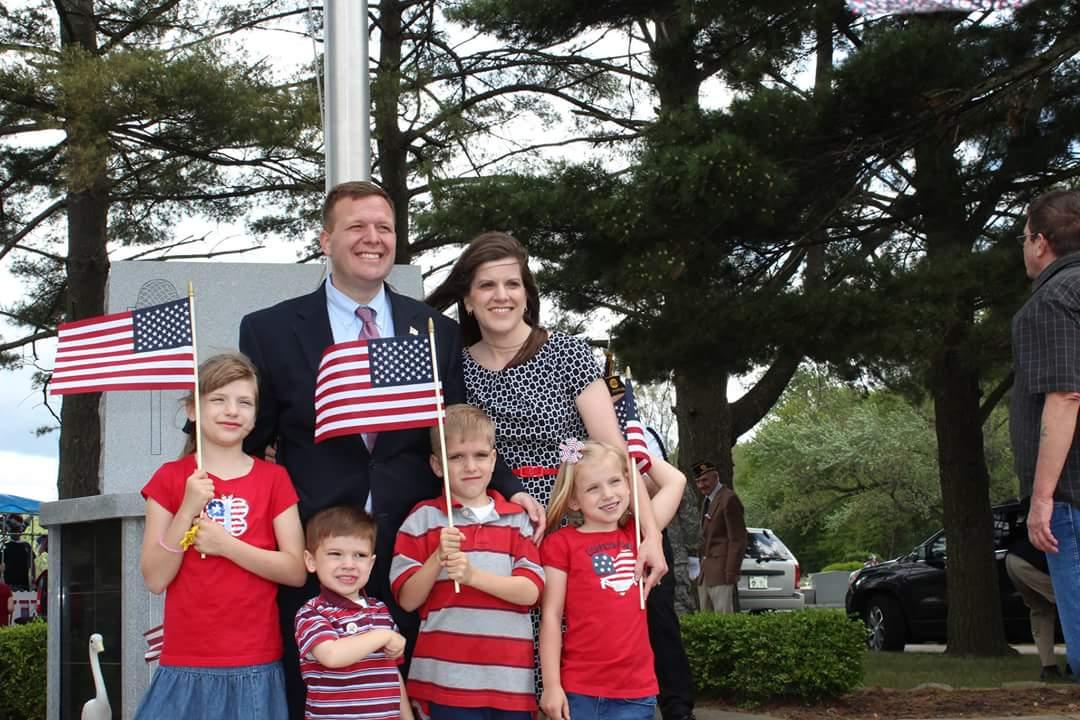
The case concerns James Snyder, who in 2013 was filling in as the mayor of the unassuming community of Portage, Indiana.
At the end of that year, the city of Portage gave a contract to the trucking company Great Lakes Peterbilt and bought five tow trucks from them; Snyder requested and accepted a $13,000 check from the business a few weeks later.
Guilty of Corruption

Snyder received a 21-month federal prison sentence after being found guilty of corruption. He contended that the payoff was not unlawful in light of the fact that it came after he granted an agreement to the organization that eventually took care of him, not previously.
In their decision, the Supreme Court of the United States agreed, labeling such payments as mere tokens of appreciation and asserting that they are not illegal because they are not the result of a clear agreement to influence official acts in exchange for money.
Anti-Corruption Law
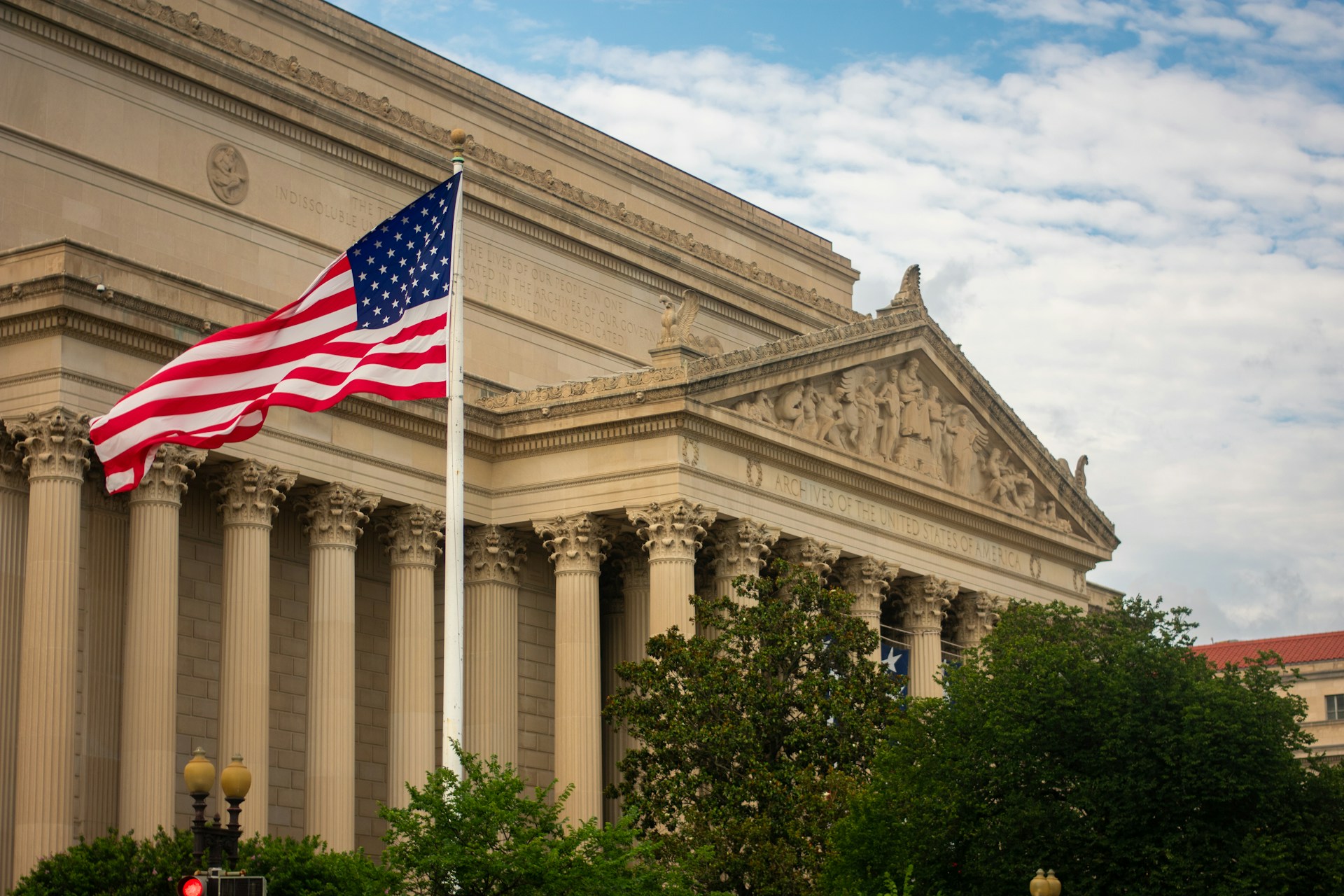
In this manner, the court has limited the extent of anti-corruption law for state and local authorities to apply to just those trades of cash, goods, and official favors in which an unequivocal compensation agreement can be demonstrated.
The court in Snyder has made a lengthy, overemphasized stance on a definitional qualification between “bribes” and “gratuities”.
Jackson’s Dissent
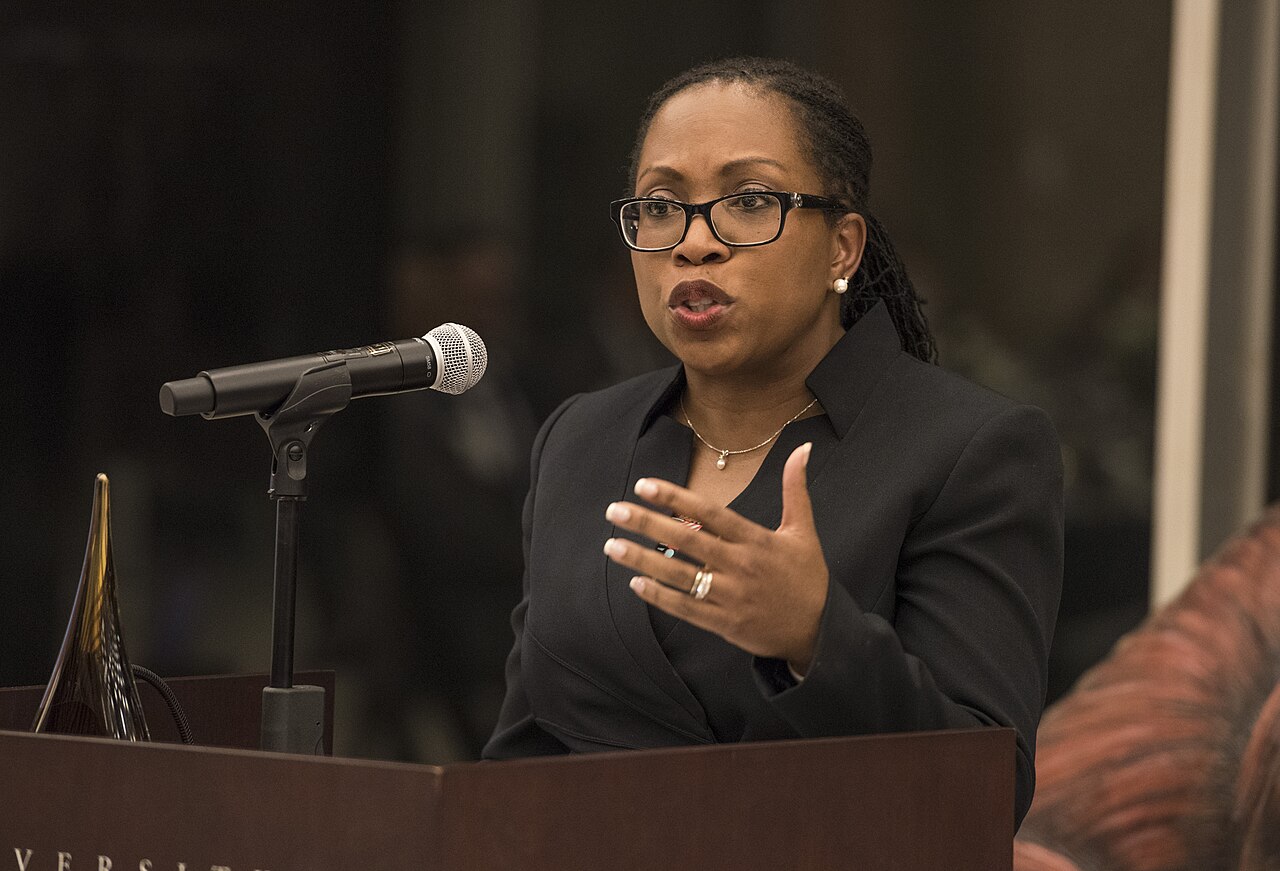
However, the stark reality that this is primarily a distinction without a difference persists. This is an interpretation that cannot be supported by a reasonable reading of the statute, as Ketanji Brown Jackson noted in her dissent.
She stated that the distinction between “bribery” and “gratuity” enables officials to accept rewards for official actions in a manner that is “functionally indistinguishable from taking a bribe.”
State of Corruption
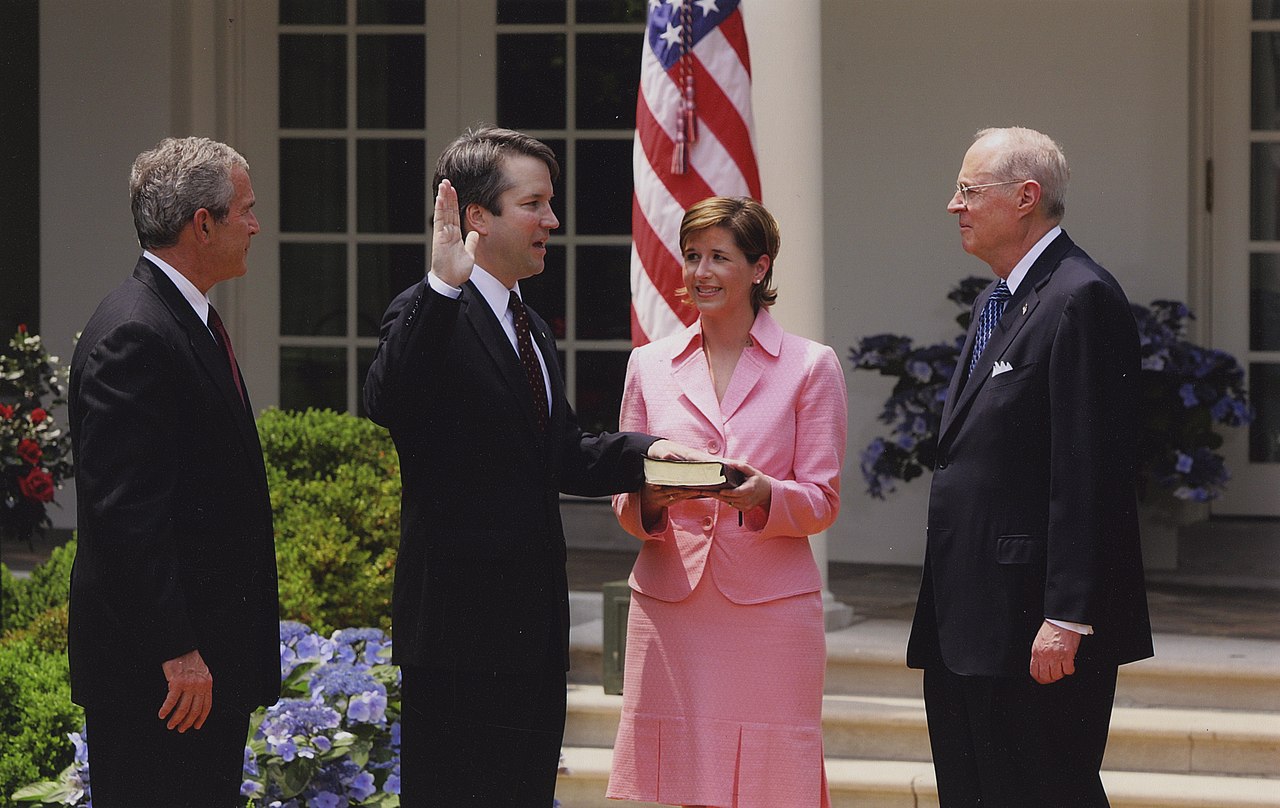
In his controlling opinion, Kavanaugh emphasizes that for a gift or payment to be an illegal bribe, the official or benefactor must have “a corrupt state of mind.”
However, in practice, corruption, influence-peddling, and unfair and unjust methods of persuasion are more subtle and complex.
Thomas’ Gifts
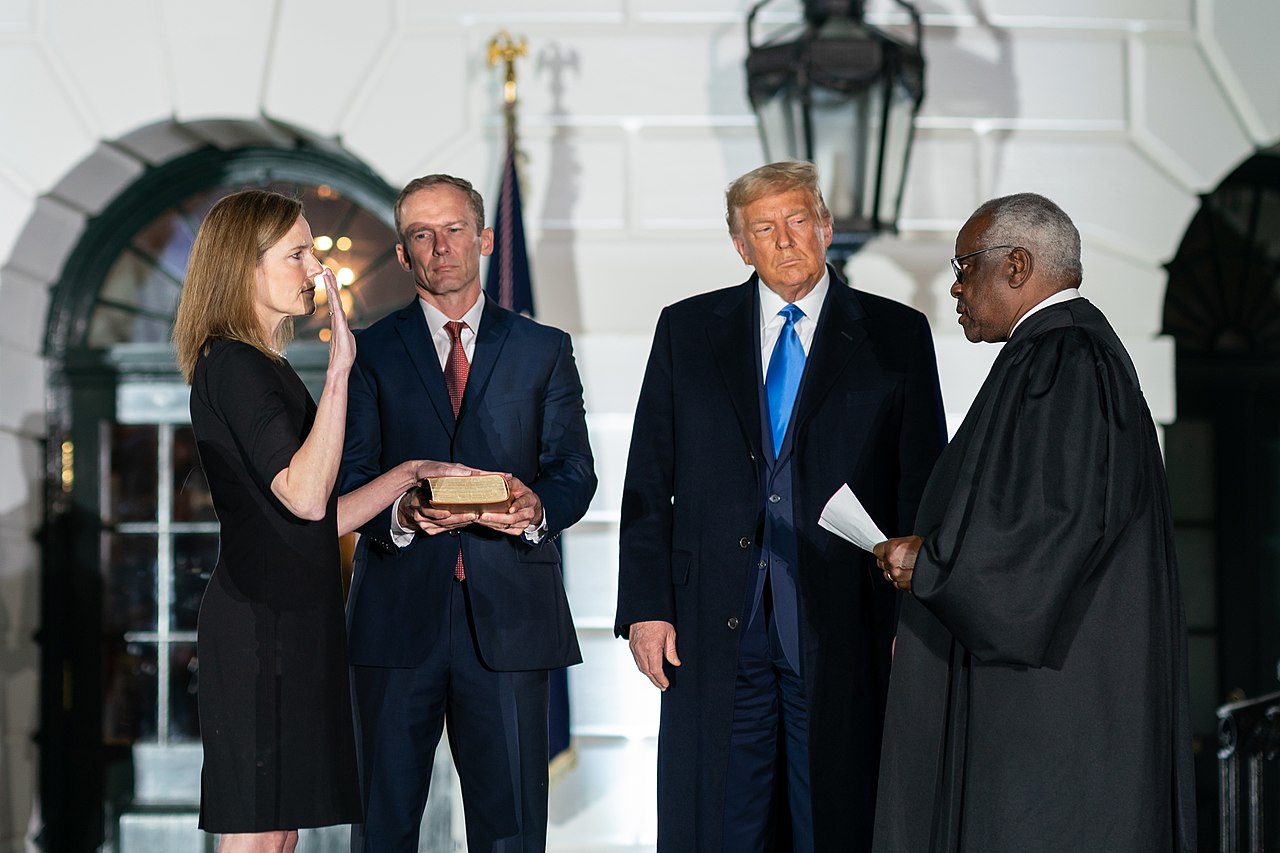
ProPublica’s investigative reporting claims that Clarence Thomas has accepted vacations, real estate purchases, tuition for his young relatives, and what appear to be innumerable private jet trips and financing for an RV.
According to Thomas, these favors and gifts are nothing more than the “personal hospitality” of “close personal friends.”
Alito’s Conduct

ProPublica also says that Republican mega-donor Paul Singer has invited Samuel Alito to his Virginia mansion and New Jersey beach house, where he flies insurrectionist flags.
The justice reportedly drank $1,000 worth of wine on the billionaire’s dime while staying at a fishing resort in Alaska with the billionaire and Alito on his private jet. Alito has questioned parts of ProPublica’s portrayal.
Gift Value
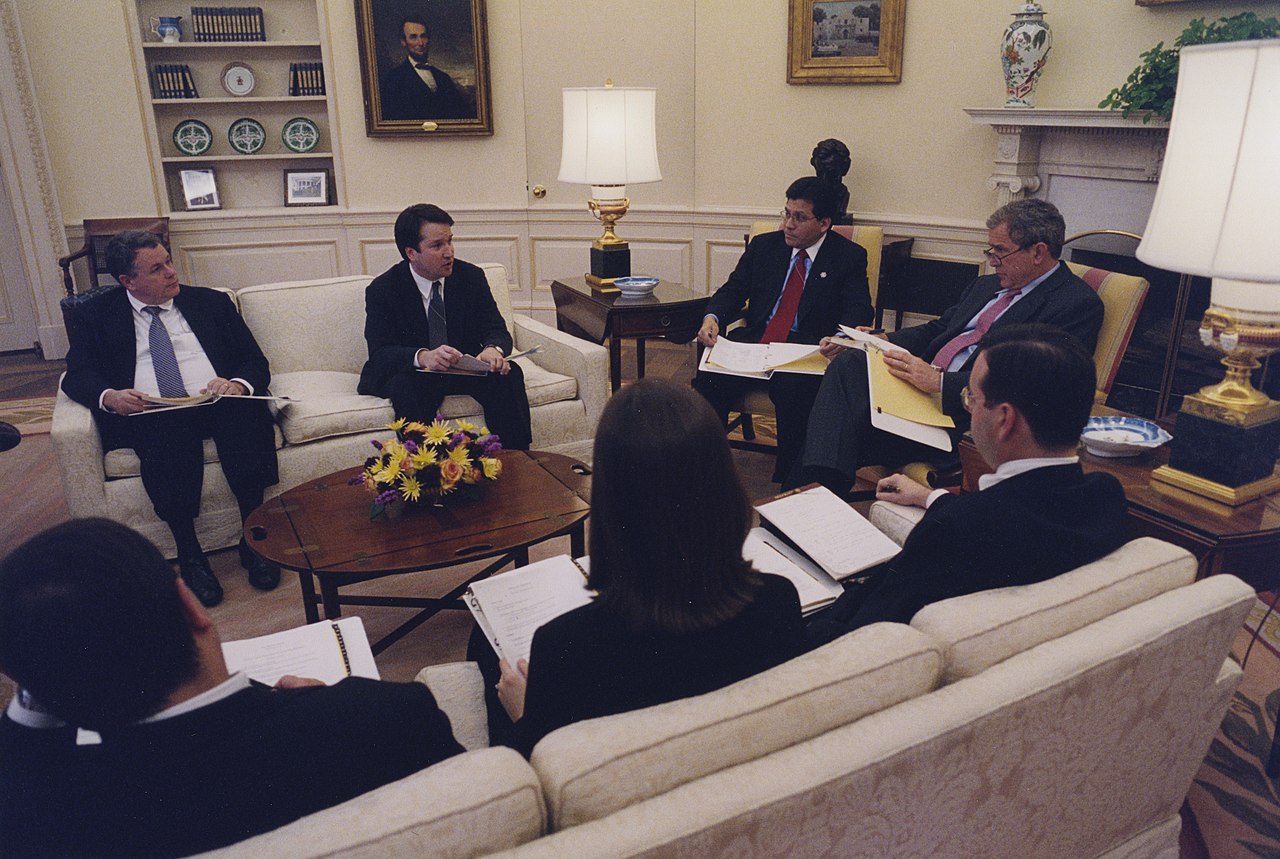
The ruling which was struck down would have made it a crime for officials at a state and local level to receive gifts at a value of $5,000 or more from relevant parties.
In Kavanaugh’s opinion: “The question in this case is whether [the federal law] also makes it a crime for state and local officials to accept gratuities — for example, gift cards, lunches, plaques, books, framed photos or the like — that may be given as a token of appreciation after the official act. The answer is no”
Law Coverage
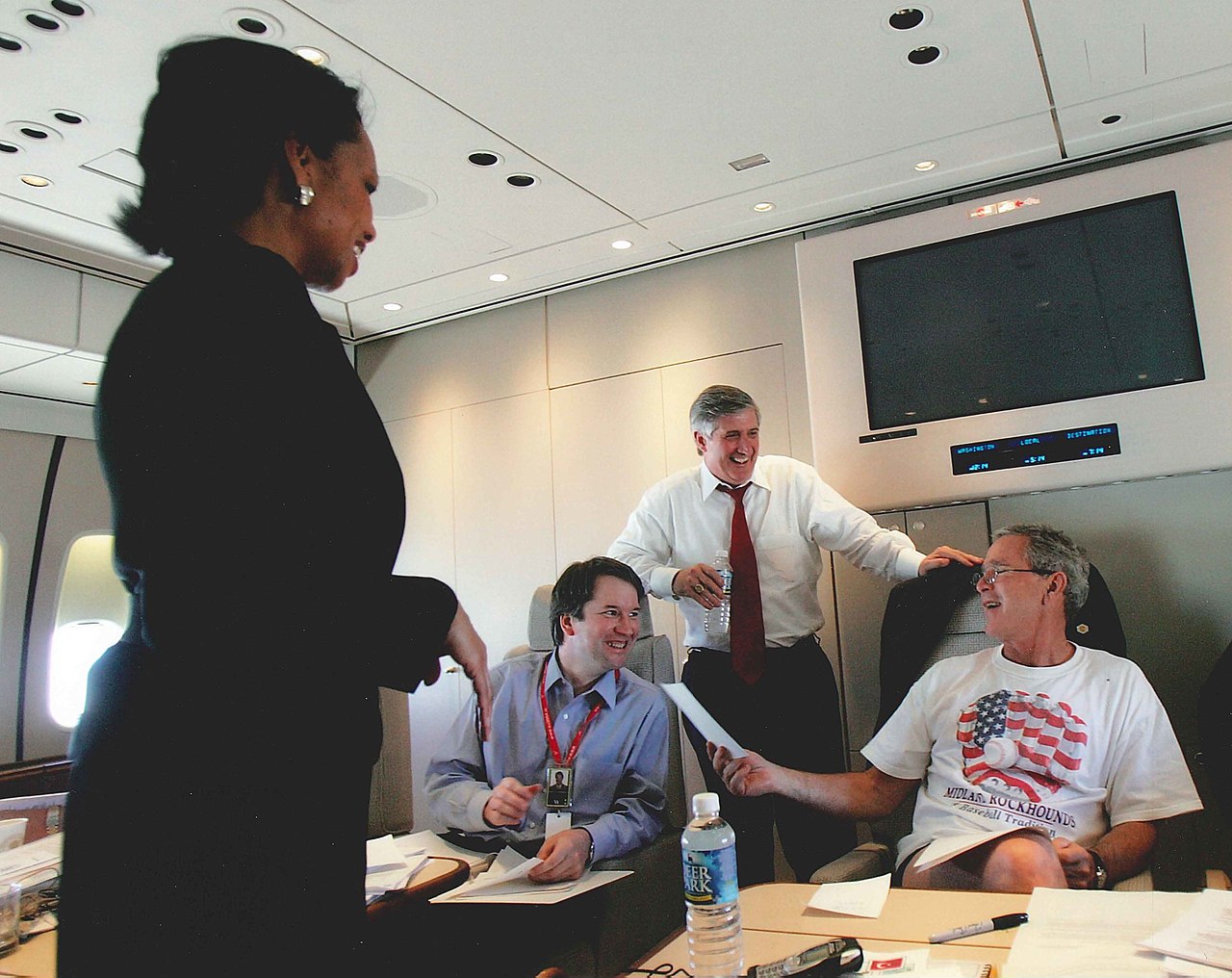
The sweeping implications of the ruling cannot be understated as around 20 million local and state officials fall under the purview of the federal anti-corruption law.
This includes officials who work in hospitals and universities who are the recipients of federal funds.
The scrutiny of the conservative majority of the Supreme Court will only be increased following this ruling.
